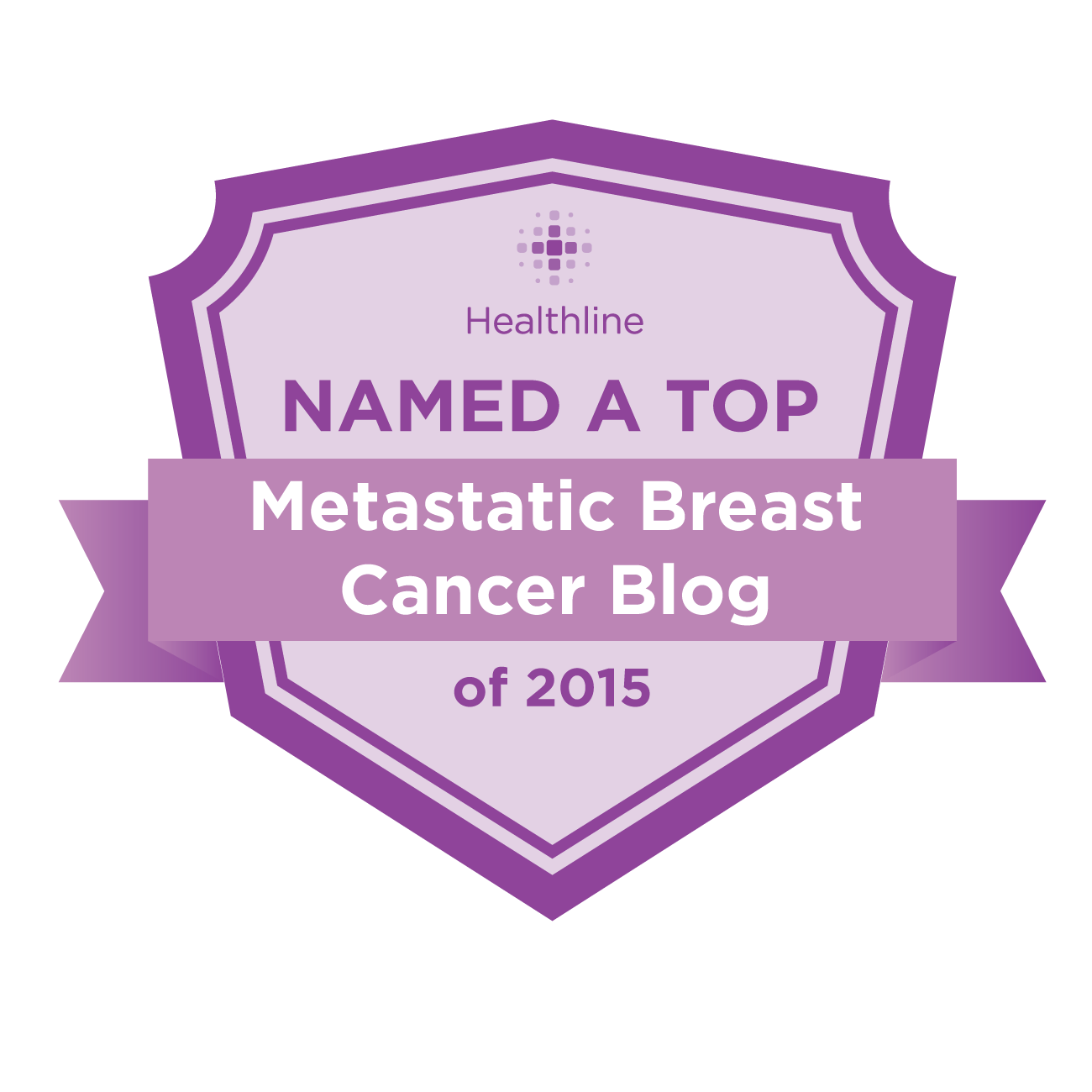"When it comes to cancer, time matters." C. Anthony Blau
I have written a lot about the problem with the philanthropic end of breast cancer, and it is common knowledge that I believe that many charities don't give enough money to metastatic research. But I don't often write about the problems with research itself. I did talk about it when I was at SXSW 2015, and I have eagerly watched the process of ASCO's CancerLinQ. I became concerned about that idea though, when ASCO started putting value on cancer patient's lives. I truly feel they should be expenditure-neutral. Aside from them, I see nobody else trying to put patient data into the cloud to learn from it, and it has saddened that medical research seem to be stuck in a time warp.
Wait, you haven't been following this? What do I mean? Who is doing research?
Well, the research that will eventually turn into a treatment for you is done by very smart people in labs at cancer institutions, medical schools, government labs and pharmaceutical companies. They don't work together, just as individual businesses don't work together. They are each answering to their own stakeholder. Yes, I believe they all want to solve this terrible problem; these are human beings who have had mothers and sisters and fathers with cancer. I believe in altruism and I know a lot of people go into this field to solve the cancer mystery.
But rules are rules. The way it works now, research may be repeated across the world. Grants are only funded if they fit existing theories about how cancer works - that means the genius who has a brilliant out-of-the-mainstream idea has little recourse in getting that idea heard. Any difference in cellular or genetic properties could be the breakthrough we need and could be turned into a treatment, but each individual only works in their own little area and cannot step out. A research doctor asking for a grant proposal knows that only 20% of ALL ideas are even funded and approvals require small, next level thinking - not the leaps we need. Steps are slow and incremental. Even when something has made the cut, going through the long process, getting it to the clinic - to you, the patient, is very slow. Imagination is no longer a valued commodity when it comes to research. Yes, safety is important but for those of us who are terminal, we might be willing to throw some safety out the door for an improved chance at life.
In this era of Big Data, it no longer has to be this way. Big Data has the power to put information at every single researcher's fingertips, and enable the magical discovery that may advance the understanding of cancer.
I'm not alone in thinking this way. Please watch this amazing video from Dr. C. Anthony Blau, Professor of Hematology at the University of Washington School of Medicine. His area of interest is metastatic triple negative breast cancer. This video is ten minutes long and I really think you should take the time to watch, as he can explain to you much more than I can, in a better way. You will stand up and cheer at the end, I promise.
I had the honor of speaking to him. He has developed a web-based tool called the Tumor Crowd Modeling Platform, This is designed to so that cancer patients can upload their molecular and lab data for comments by experts around the world. If you have had your tumor sequenced, you can uupload it to the cloud, and specialists, cancer researchers and experts from any discipline across the world can look through the data. Maybe somebody may see connections that cause a spark, and who knows? Maybe come up with the next Geevac or Herceptin. Or, maybe they'll find something that they they can recommend to just one you.
That, in fact, has already happened.
Dr. Blau told me that nobody has ever said no in answering a question about a mutation that was found that seemed different, no matter what institution they work for, what papers were published or about to be. Researchers get back to their roots and want to help.
Dr. Blau asked me if I thought this was something cancer patients would be interested in, and my answer?
Hell yes.
There are some very difficult issues he has to surmount. Money. Finding people with the ability to get their tumor sequenced and have it uploaded. Money. The fear of patient identification. (Not my fear). Money.
But this is the type of thinking that in 2016 we need. If I am wrong, you can post below. If I am right, you can post below.
To learn more about Dr. Blau, you can also read his Reddit AMA.











